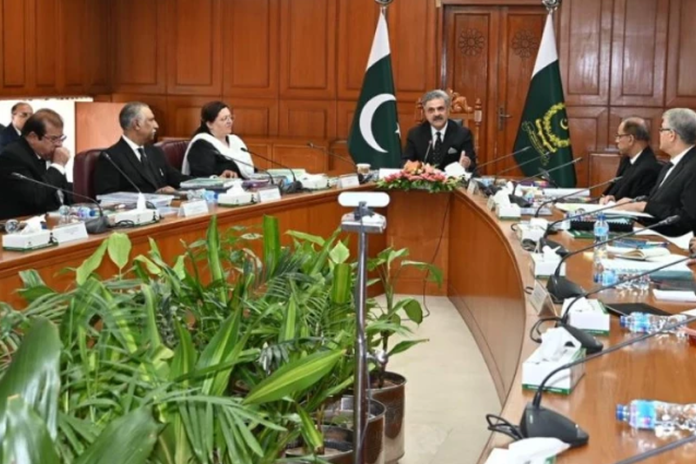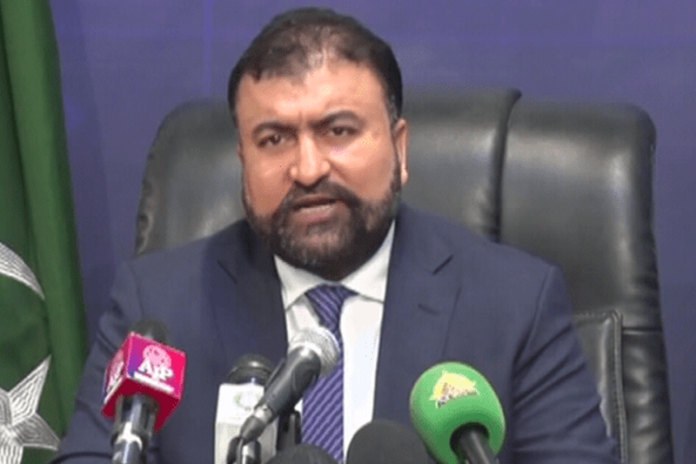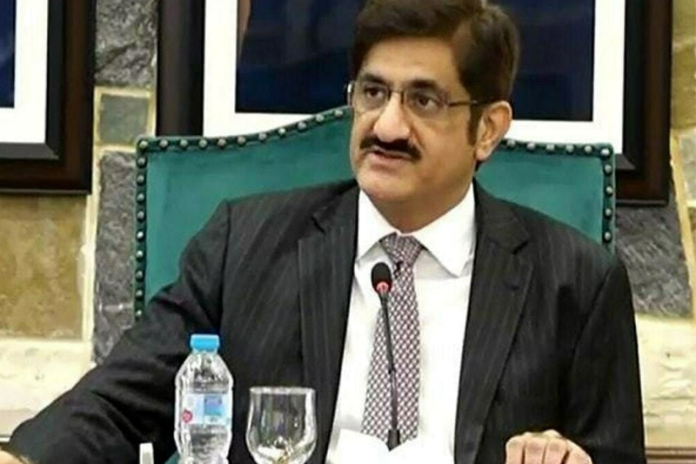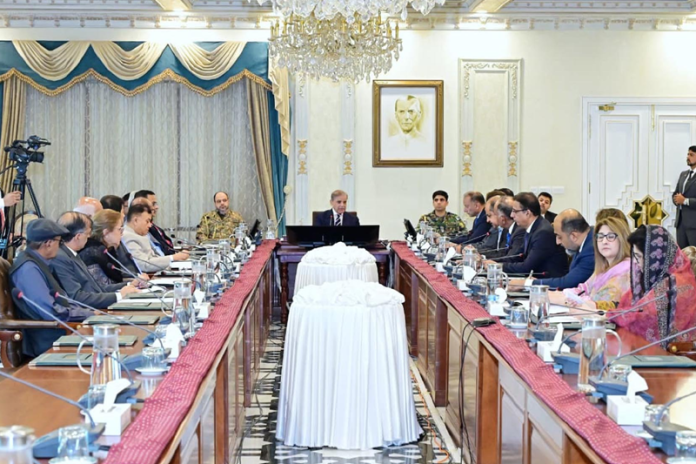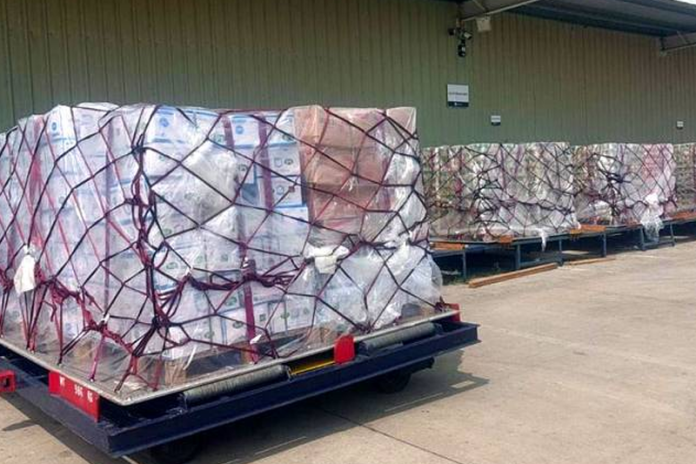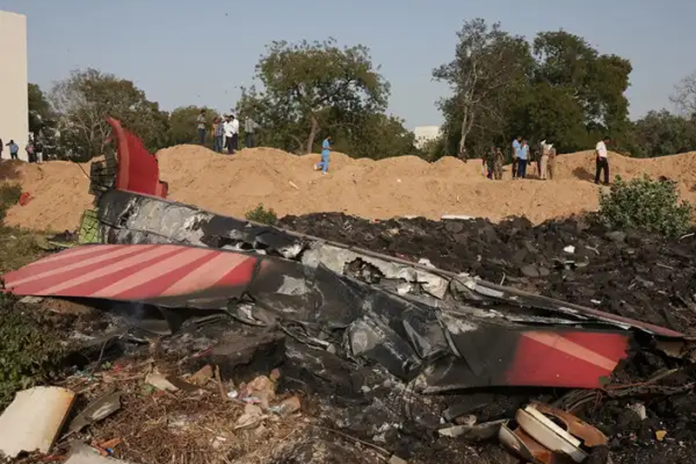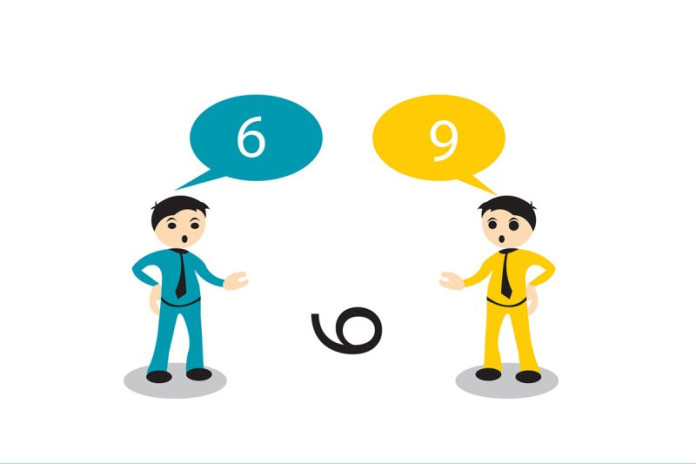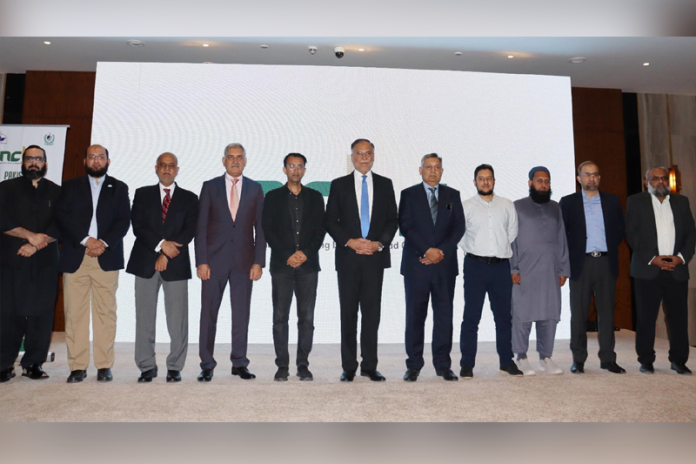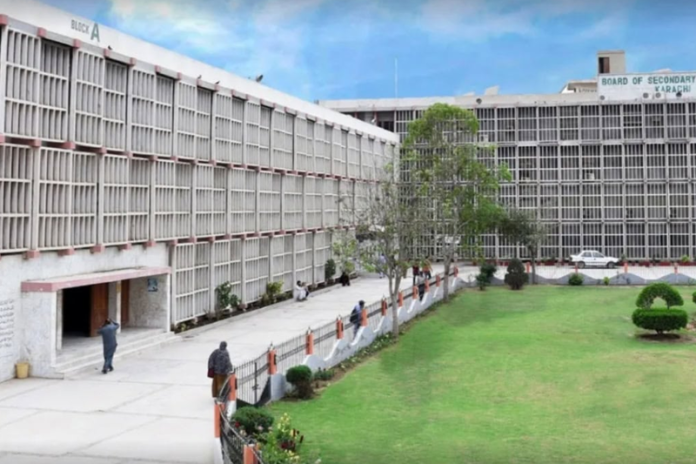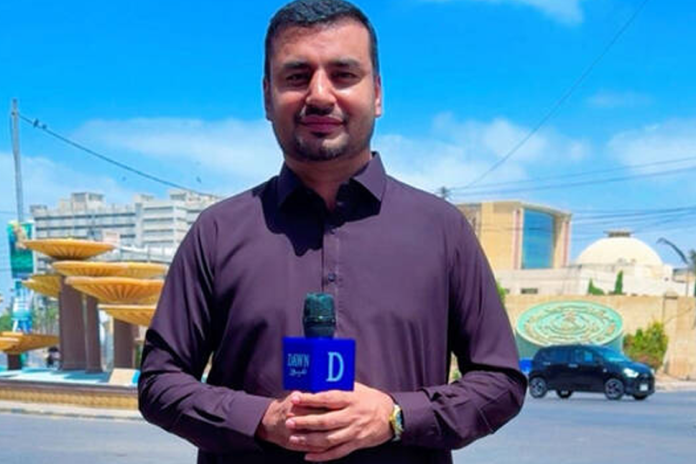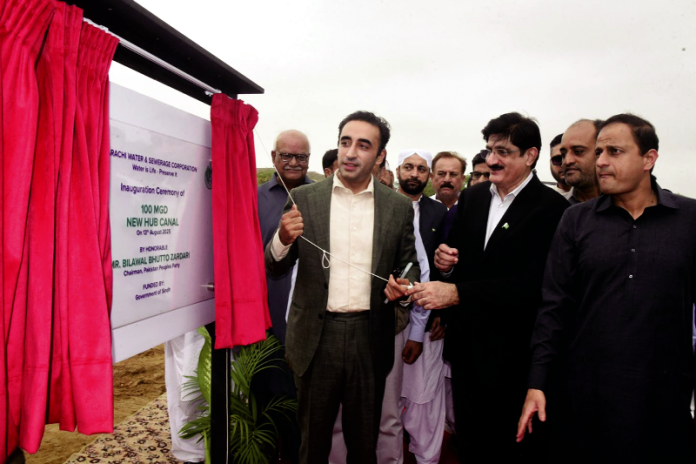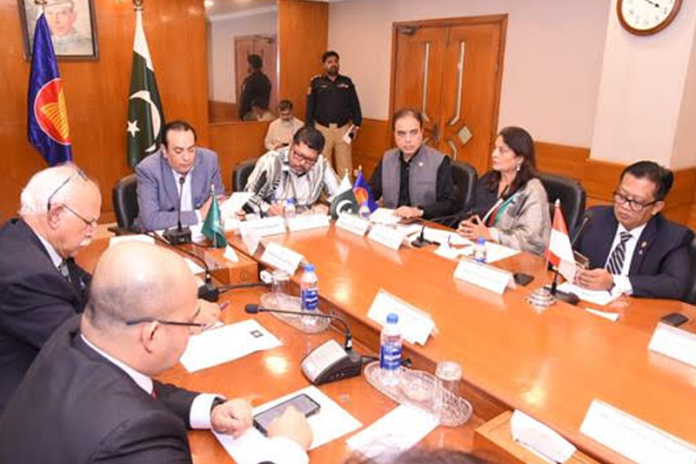Eradication of drugs - responsibility of every individual

- 425
- 0
A rapid increase in drug addiction among students of academic institutions has emerged as a serious social problem confronting the contemporary Pakistani society that constitutes one of the highest proportions of young people in the world.
As a nation, it is a matter of concern to us that Pakistan is 10% of the population of South Asia but the smoking rate here is 32% while the number of drug addicts has exceeded millions, most of whom are young and most of them are drug addicts. Individuals are a walking pattern of unemployment and a burden on the whole family and society. Drug dealers, on the other hand, are openly gnashing their teeth, even though both the law and the law enforcement agencies are there to crack down on them. Most police officers are said to take bribes and release drug dealers after apprehension, while major criminals are not arrested due to their influence. According to medical and psychiatrists, feelings of deprivation, economic discrimination, ostentation and inattention lead young people to flee society.
Drug use and drug addiction are severely stigmatised around the world. Pakistan is confronted with a significant drug abuse problem. Trends in drug use patterns indicate a marked increase in heroin consumption that emerged during the 1980s. The 1993 National Survey on Drug Abuse, whose results remain by no means undisputed, estimated the number of drug users at 3 million of which approximately 50% were addicted to heroin.
Other estimates have suggested that the total number of drug abusers may have reached 4 million by 2000. Recent trends suggest a shift from inhaling and smoking heroin to injection of drugs, in particular pharmaceutical drugs, bearing the high risk of an HIV/AIDS epidemic and the spread of other blood borne diseases. Injecting drug use has been reported from all major cities and some Afghan refugee camps around Peshawar and Quetta.
Results from a study commissioned by UNDCP/UNAIDS in 1999, indicated that sharing and multiple use of injection needles is common practice. Some evidence exists that “shooting galleries” have become established in Lahore and in Karachi. No cases of HIV/AIDS have been detected in that study, but the high prevalence of Hepatitis-C (180 out of 200 cases) indicates the enormous potential of an HIV/AIDS epidemic and other transmittable diseases among the injecting drug users The “2021 World Drug Report” released in Islamabad which states that between 2010 and 2019, the estimated number of past year users of any drug globally increased from 226m to 274m, or by 22 per cent, in part as a result of global population growth.
The report declares that between 2010 and 2016, the prevalence of drug use disorders remained rather stable globally, with the number of people suffering from drug use disorders changing over that period mainly as a result of population growth. However, the prevalence estimates increased from 2017 onwards and the prevalence of drug use disorders in 2019 was higher than previously estimated.
Meanwhile, in parts of Asia and West Africa, increasing amounts of cocaine have reportedly been seized, which indicates that cocaine use could potentially increase, especially among the affluent, urban segments of the population. According to the Global Burden of Disease Study 2019, an estimated 494,000 deaths and 30.9 million years of “healthy” life lost as a result of premature death and disability were attributable to the use of drugs.
Most of the burden of disease was among males, who contributed to 71 per cent of deaths. Cannabis-one the drugs, continues to dominate the total quantities of drugs seized globally. In 2019, cannabis herb continued to be seized in much larger quantities than cannabis resin and cannabis oil. The largest quantities of cannabis herb seized in 2019 which totalled 3,779 tonnes were reported by the United States.
The largest quantities of cannabis resin seized which totalled 1,395 tonnes were reported by Spain, followed by Morocco, Afghanistan, Pakistan and Iran In this context, the Anti Narcotics Policy 2019 has been developed to address both Pakistan's prevailing drug situation and changes in the global narcotics environment that have emerged since the 1993 Narcotics Policy. Proliferation of drugs and psychotropic substances within Pakistani society and the subsequent increase in numbers of drug addicts are also emerging challenges. Although the 1993 Narcotics Policy created various institutions and drug enforcement structures, an effective mechanism to coordinate and integrate these efforts was lacking. However, this is a shared responsibility of the government and society.
To alleviate the root causes of the drug problem both the government and society need to promote the socio-economic environment and values that restrict the space for drug abuse. In order to reduce the health, social and economic costs associated with drug trafficking and substance abuse in Pakistan, this new Policy outlines a number of objectives targeting supply reduction, demand reduction and international cooperation, developed in accordance with international best practice.
The Government of Pakistan (GOP) is active in cooperating internationally on counter-narcotics and is a signatory to all United Nations (UN) drug control conventions as well as the SAARC Convention on Drug Control. The GOP will work closely with the UN and other international partners to strive towards a drug-free Pakistan.
There is an urgent need for Pakistan to develop a comprehensive strategy to address the alarming problem of drug addiction in academic institutions involving all the stakeholders to interrupt the supply chain and punish those who are involved in the heinous crime of trading illicit drugs. When recent drug use was considered the consumption patterns closely reflected patterns of lifetime use. A possible solution to this problem, would be to introduce school-based drug-abuse prevention programmes all over Pakistan that involve parents and students and enable them to talk about health and drug use. Until then, perhaps, the rates of drug misuse will remain high in Pakistan. We need to think seriously about this.
At a high-level, especially in educational institutions, this counselling programs should get started. Whereas, the big smugglers should have been punished brutally. Eventually, the government needs to make the anti-drug awareness campaigns effective on the other hand, parents also have a heavy responsibility to look after their children.
Published in The Daily National Courier, October, 15 2022
Like Business on Facebook, follow @DailyNCourier on Twitter to stay informed and join in the conversation.



